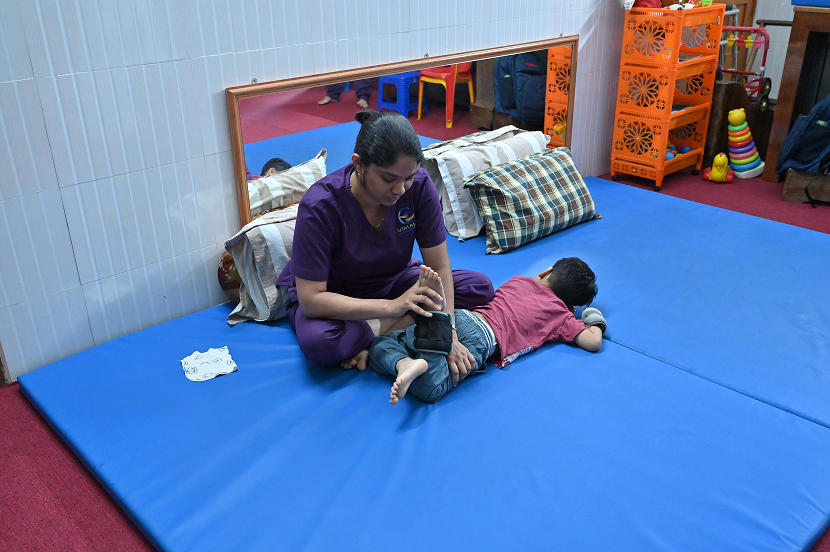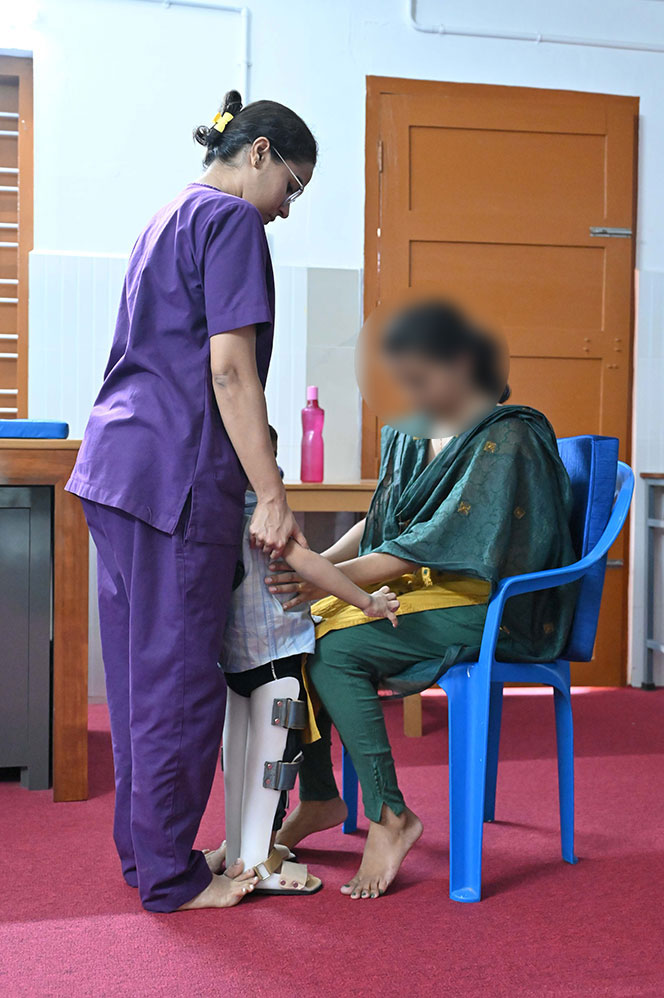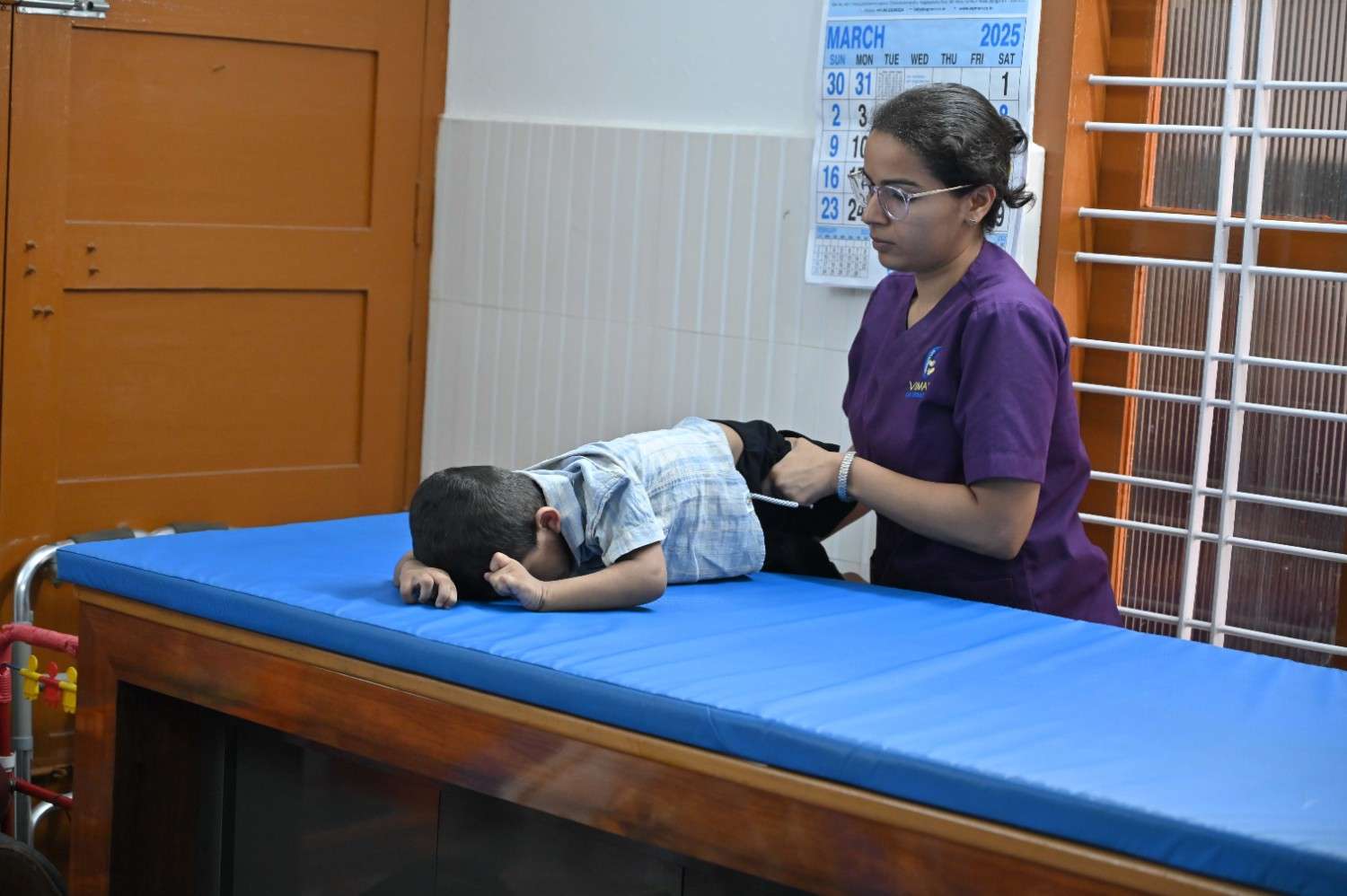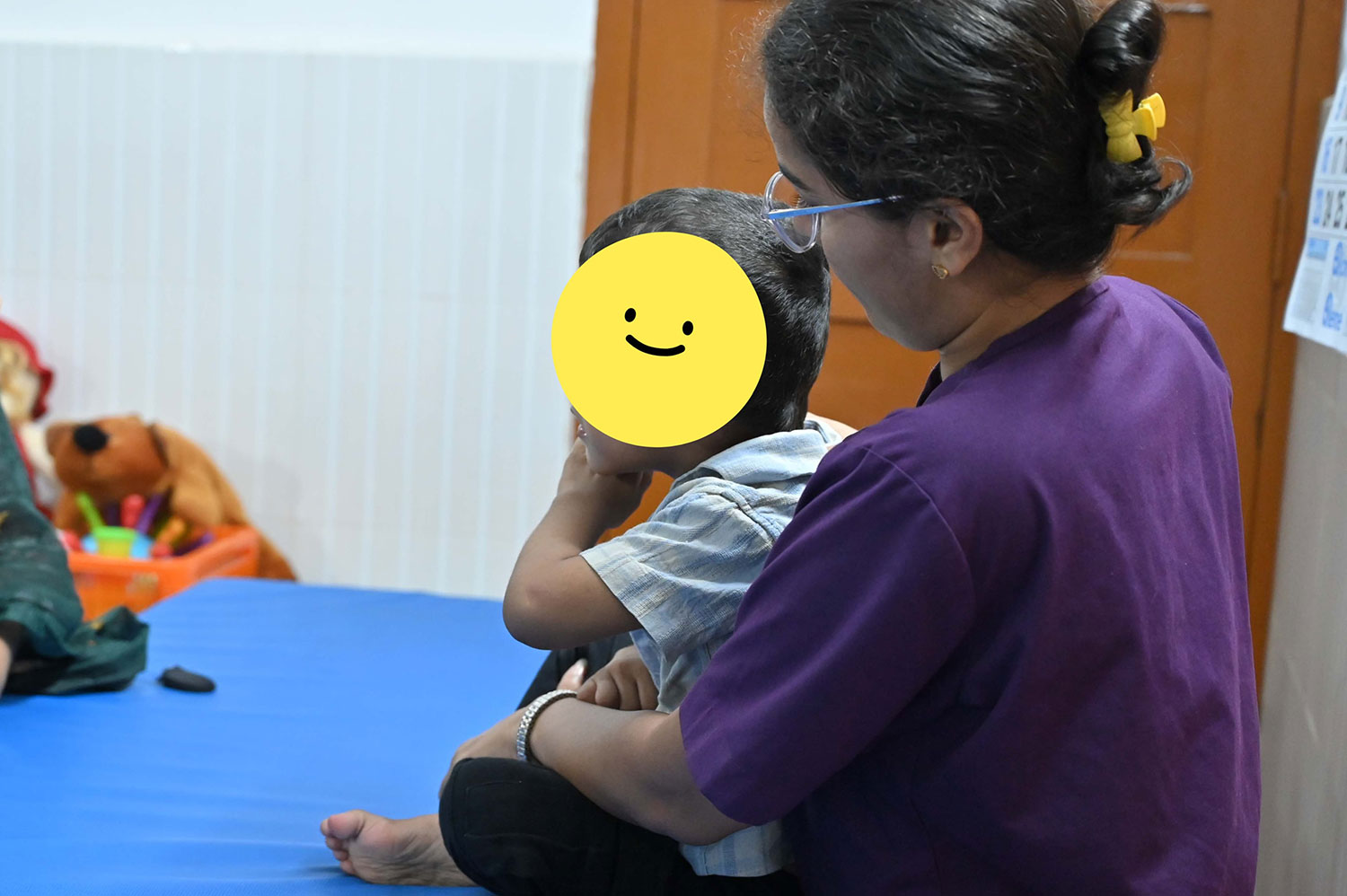
+91 8547939607

veic3puzha@gmail.com

+91 8547939607

veic3puzha@gmail.com





If you suspect your child may benefit from paediatric physiotherapy, consult with your paediatrician or a qualified paediatric physiotherapist.